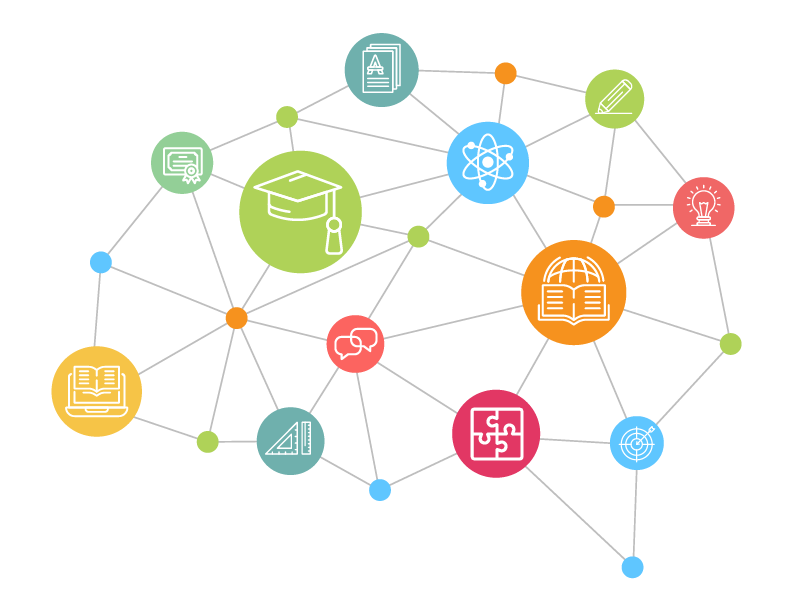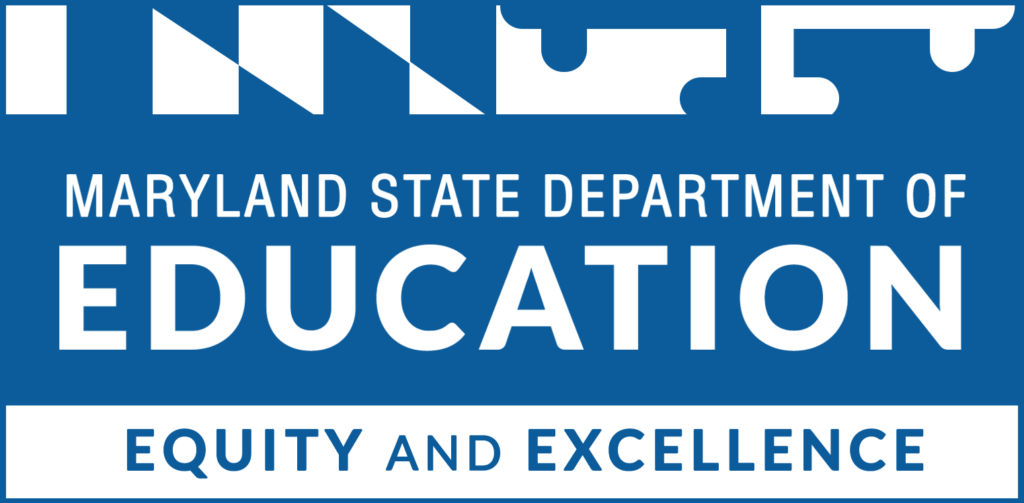Education

The Education Research Center (ERC) is composed of an interdisciplinary group of researchers with expertise in academic achievement, special education, teacher education, and teacher performance.
Take a look at some of our previous work on education research.
Optimal’s ERC team uses the full range of innovative and effective research methodological techniques including:
- Randomized field trials
- Classroom observations
- Structured and semi-structured interviews
- Focus groups
- Surveys
- Web data scraping
- Data contextualization
- Equity measures development
- Return on investment analysis
The staff also utilize state-of-the-art technology and analytic tools such as SAS and Stata statistics software packages to analyze both small and large datasets from secure servers that are compliant with the U.S. Department of Education security standards.
Optimal’s ERC team has subject matter expertise in the following areas:
- Academic achievement
- Charter school financing
- Charter school performance
- Early childhood development
- Performance measurement design
- Policy (e.g. No Child Left Behind)
- Summer learning
- After school programs
- Special education
- Title I and IV compliance

Sample Past Performances
Education Statistics Support Institute Network (ESSIN): Assessment Division Support

Optimal works closely with other ESSIN partner organizations to review NCES products, develop complex methodological frameworks to analyze educational trends, develop robust visualization to illustrate findings, and overall provide policy solutions to relevant stakeholders. Optimal plays a key role in the reporting and dissemination of the Nation’s Report Card and conducts policy relevant analysis on what students know and can do in the nation.
USAID Education Strategy Secondary Analysis for Results Tracking (SART)

Optimal worked with USAID Missions and implementing partners to gather early grade reading data at the student level to assess improvement in reading outcomes for Goal 1 and enrollment and retention data to assess increase in equitable access to education in conflict and crisis regions for Goal 3. Optimal obtained an Authority to Operate (ATO) and is developed the integrated SART Ed system to gather secondary data collected at the student and school level. Optimal designed and implemented a taxonomy to catalog educational interventions and assessments (e.g., Early Grade Reading Assessments) and created a secure web portal to collect and track performance across the 50+ countries participating in the USAID Education Strategy.
CMMI Learning System Data Management
(LSDM)

The Affordable Care Act charged CMS’ Center for Medicare & Medicaid Innovation (CMMI) with developing, testing, and implementing new health care models that improve health care delivery, provide better health status for Medicare and Medicaid beneficiaries and other individuals, and lower health care costs. Optimal developed a secure web portal (Data Management, Analysis, and Reporting System [DMARS]) for the CMMI Learning and Diffusion Group to collect and track stakeholder engagement and Government Performance and Results Act (GPRA) outcomes. DMARS is housed in a FedRAMP FISMA moderate environment on Amazon Web Services and complies with CMS’s XLC life cycle processes.
Evaluation of the Graduate Nurse Education Demonstration (GNE), Phase I

The Graduate Nurse Education (GNE) demonstration, authorized by the Affordable Care Act, aims to increase the supply of APRNs in the U.S. health care delivery system by providing Medicare payments to five selected hospitals for the reasonable cost of providing clinical training to APRN students. This demonstration also contributes to the creation of partnerships between hospitals, schools of nursing (SONs), and community-based care settings (CCSs).
Optimal and its subcontractor, AIR, designed and implemented a program evaluation to inform the demonstration’s Report to Congress (RTC). The evaluation design includes a mixed methods approach to executing a structure and process evaluation of how well the sites implemented the demonstration—including challenges, successes, and innovations—through qualitative interviews and focus groups.
Additional Past Performances
Accessibility Consultant for Student Online World Language Courses

Maryland Virtual Learning Opportunities (MVLO) program, an educational service managed by the MSDE, expands the access and availability of online courses to Maryland students and educators. Optimal reviews and revises the course and related materials/interactives to ensure compliance with WCAG 2.1 Level AA standards. As an accessibility consultant, Optimal works on student and professional learning course(s) for the project’s duration.
Accessibility Consultant for Student Online World Language Courses

The Maryland State Department of Education’s (MSDE) objective through the Division of Curriculum, Instructional Improvement, and Professional Learning (DCIIPL) is to procure qualified accessibility consultants to evaluate and remediate content in full year online student world language courses. As an accessibility consultant, Optimal works on a student online course(s) for the duration of the project. The student courses requiring editing are Chinese II, Chinese III, and French IV. As content experts are creating and revising the course content, the Optimal reviews the assigned courses to revise the course and corresponding materials/interactives to ensure compliance with WCAG 2.1 Level AA standard
Implementation of the Credit Enhancement for the Charter School Facilities Program

The U.S. Department of Education (ED) established, in 2001, the Credit Enhancement for Charter School Facilities Program (the Program). The Program makes available grants on a competitive basis to eligible entities—state or local government, private nonprofits, or consortia—which use Program funds for credit enhancements so that lenders will make loans. Optimal conducted an assessment of this project.
Evaluation of Chicago Public Schools Programs Title I Through IV Programs

Optimal was contracted to provide an independent evaluation for the Titles I through IV programs at their Private School Programs in Chicago. The evaluation team implemented a qualitative evaluation to analyze the impact of services to private school students, their teachers, and their families. The evaluation team conducted site visits, interviews, and focus groups and observed classrooms. The final product of the evaluation was a report that detailed the evaluation findings and provided recommendations for Chicago’s public schools to better track their programs and implement ongoing monitoring.
National Center on Service Obligations (NCSO)

For this contract, Optimal monitored grant recipients and reports findings relating to GPRA measures that speak to the success of this grant program. The NCSO team developed reports and protocols to address GPRA and PART requirements. The project team also developed the website for this project that provides an overview of the grant program and regulations and updates this website annually, similar to the requirements of task 8 for the IFLE contract. Optimal designed and implemented a real-time, secure, ED-accredited web-based data collection tool, automating the data collection, analysis and reporting of Personnel Development Program data through the Service Obligation Tracking System (SOTS). As a result, NCSO staff focuses on the analysis and review of data to supplement reporting efforts for to ED.
National Center for Special Education Research (NCSER): Administrative and Analytical Support

For this contract, Optimal assisted in administrative, logistical, analytical, and technical support related to research, research reviews, meetings, seminars, and presentations for special education research topics. IES tasked Optimal with five major areas, including planning and executing meetings managing and providing quality control on topic papers drafted by experts in the field of special education, providing quality assurance of data sets, conducting quick-turnaround tasks, and providing technical assistance and logistical support for briefings with NCSER and select Institute of Education Sciences (IES) and the U.S. Department of Education (ED) staff. Optimal assembled and facilitated a team of nationally recognized special education research experts who developed papers and practice guides on methodological advances in various topics.
For more information, email us at [email protected]
